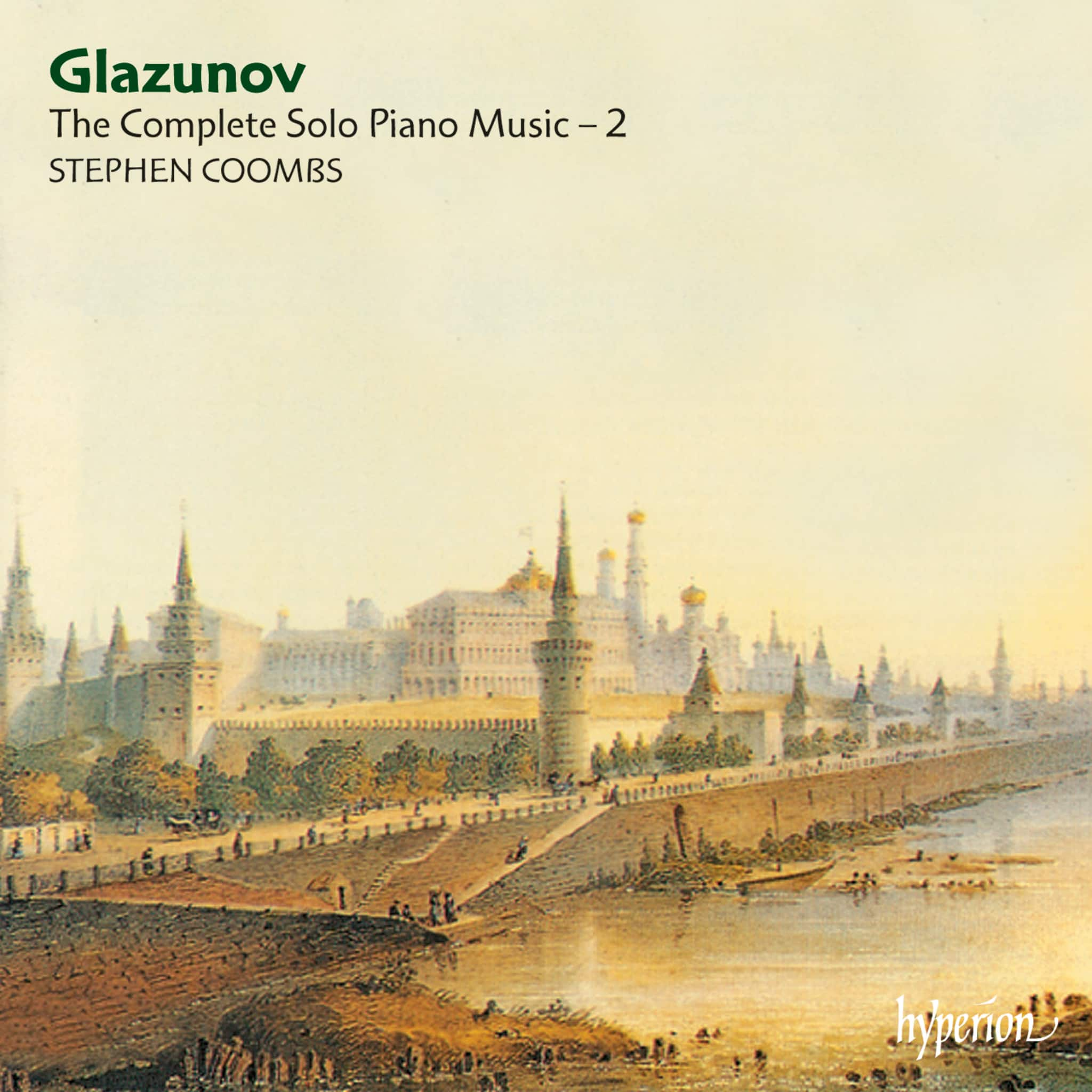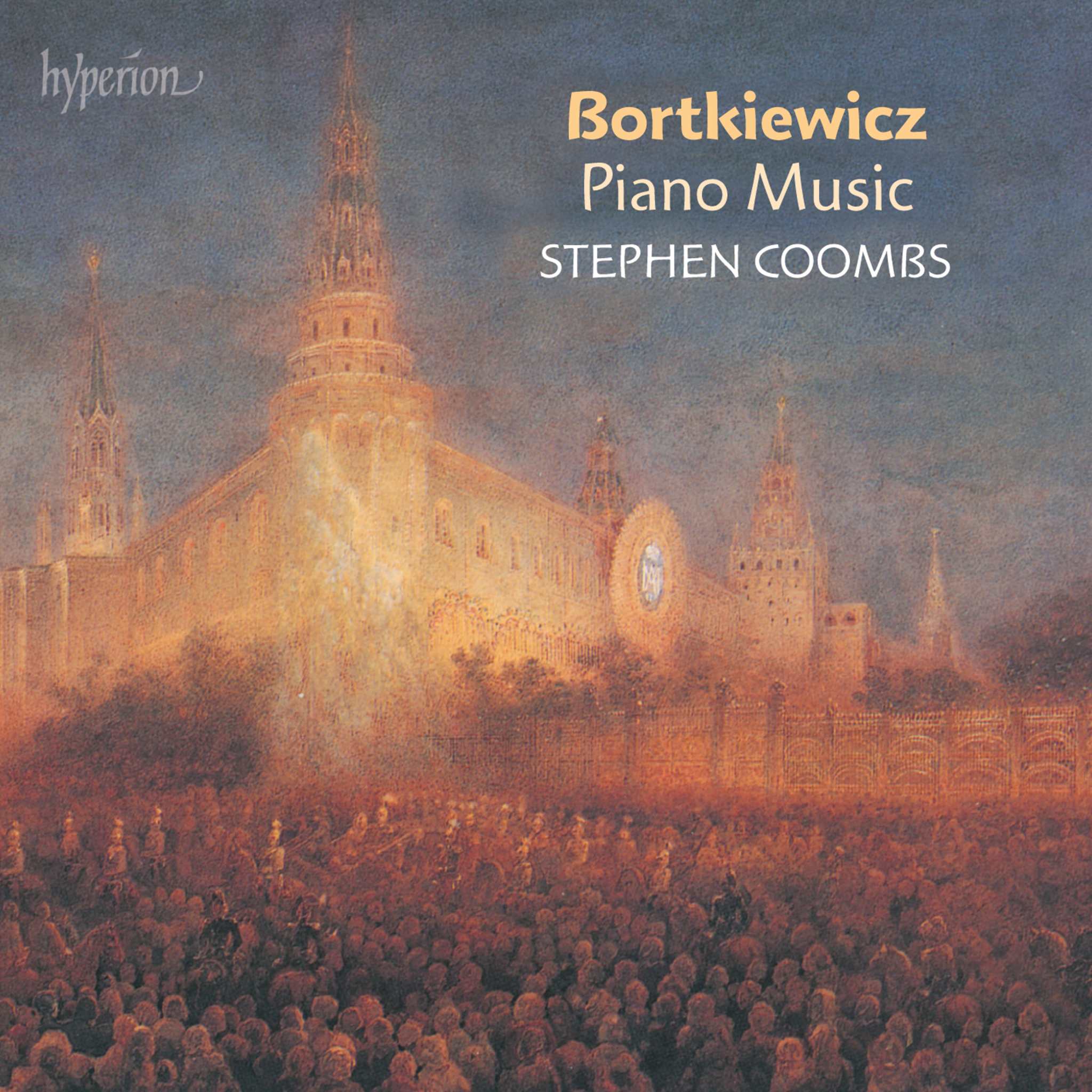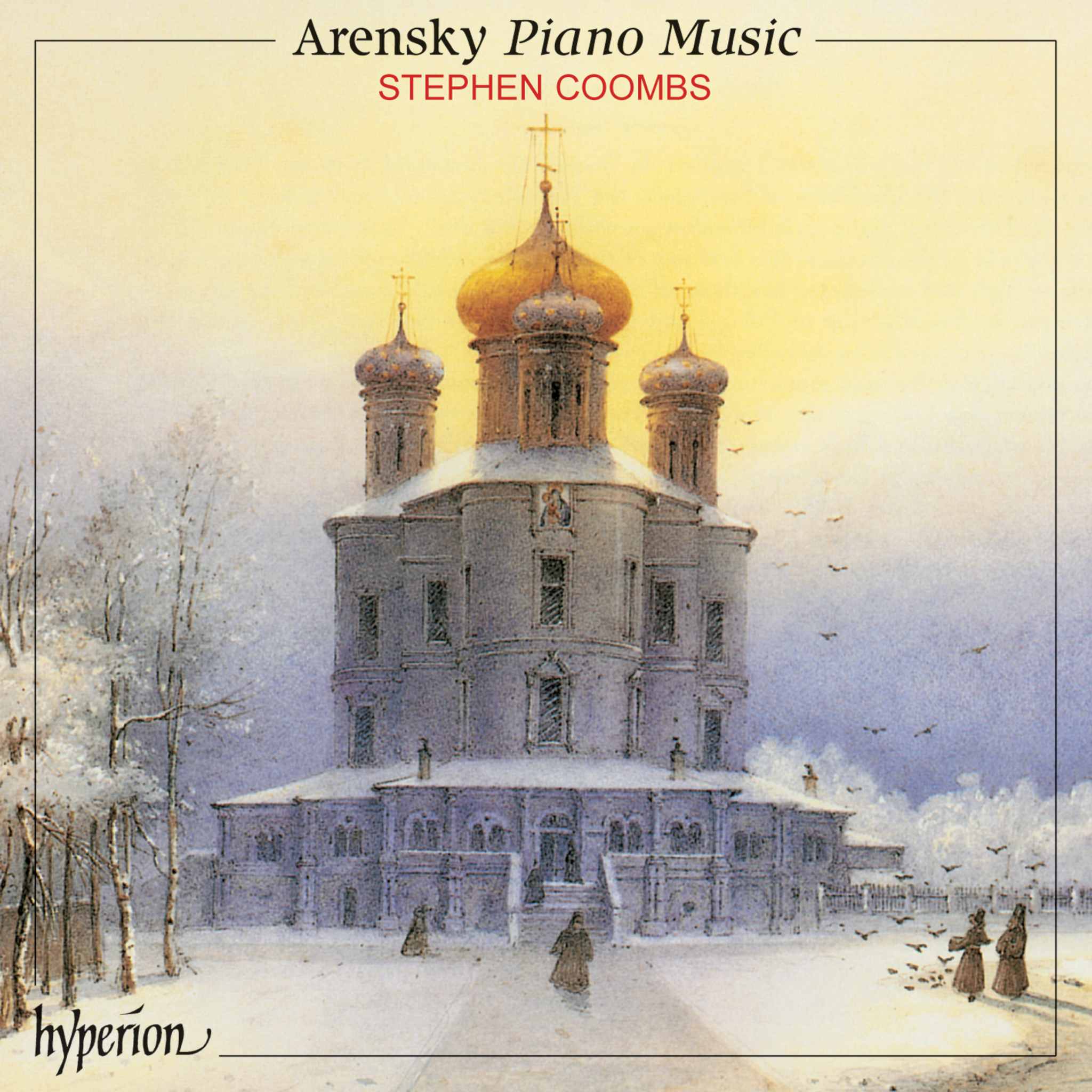Album insights
A rich tradition of composing entertainment music thrives in Great Britain, focusing on uplifting spirits with charming melodies and unparalleled artistry rather than delving into deep intellectual or emotional themes. This collection features classic works from the era spanning Queen Victoria to Elizabeth II.
Within this realm, we encounter Wilhelm Meyer Lutz's lively Pas de quatre, originating around 1829, showcasing rhythmic charm and premiering in the burlesque Faust Up to Date in 1888. Meyer Lutz, born and trained in Bavaria, found fame as the musical director at London's Gaiety Theatre, crafting tunes and dances for its performances, including this captivating piece.
The years leading up to the First World War witnessed a surge of British waltzes, such as Dreaming by Archibald Joyce in 1911, earning him the title of the British Waltz King. Sydney Baynes, another London composer, crafted Destiny in 1912, featuring elegant themes and becoming a celebrated waltz. Charles Ancliffe's vibrant Nights of Gladness, born on a Christmas Eve after his return from India, also marked an exquisite addition to this era.
Albert William Ketèlbey, known for his narrative music, introduced exotic sounds in compositions like In a Monastery Garden (1915) and In a Persian Market (1920), showcasing distinctive musical landscapes. Notably, Eric Coates, a prominent figure in British entertainment music, crafted memorable pieces, including the wartime anthem Calling All Workers.
While some composers, like Cecil Armstrong Gibbs, saw entertainment music as secondary, others like Geoffrey Toye and Anthony Collins crafted diverse works, spanning ballets, symphonies, and film scores. Charles Williams, a versatile Londoner, excelled in film score compositions, notably Dream of Olwen and The Old Clockmaker.
Noteworthy contributions also came from Frederic Curzon and Vivian Ellis, who explored various musical styles, earning recognition for works such as The Boulevardier (1939) and the locomotive-inspired piece, Coronation Scot. The melodious ventures of Edward White's Puffin' Billy, depicting a modest steam engine in the Isle of Wight, and Ronald Binge's Elizabethan Serenade reflect the indelible charm of British entertainment music.
At the forefront of contemporary British composers in this genre stood Robert Farnon, whose diverse talents as a trumpeter, arranger, and conductor converged in compositions like Jumping Bean, a ubiquitous classic piece in the entertainment music realm, embodying the timeless appeal and essence of these musical traditions.




